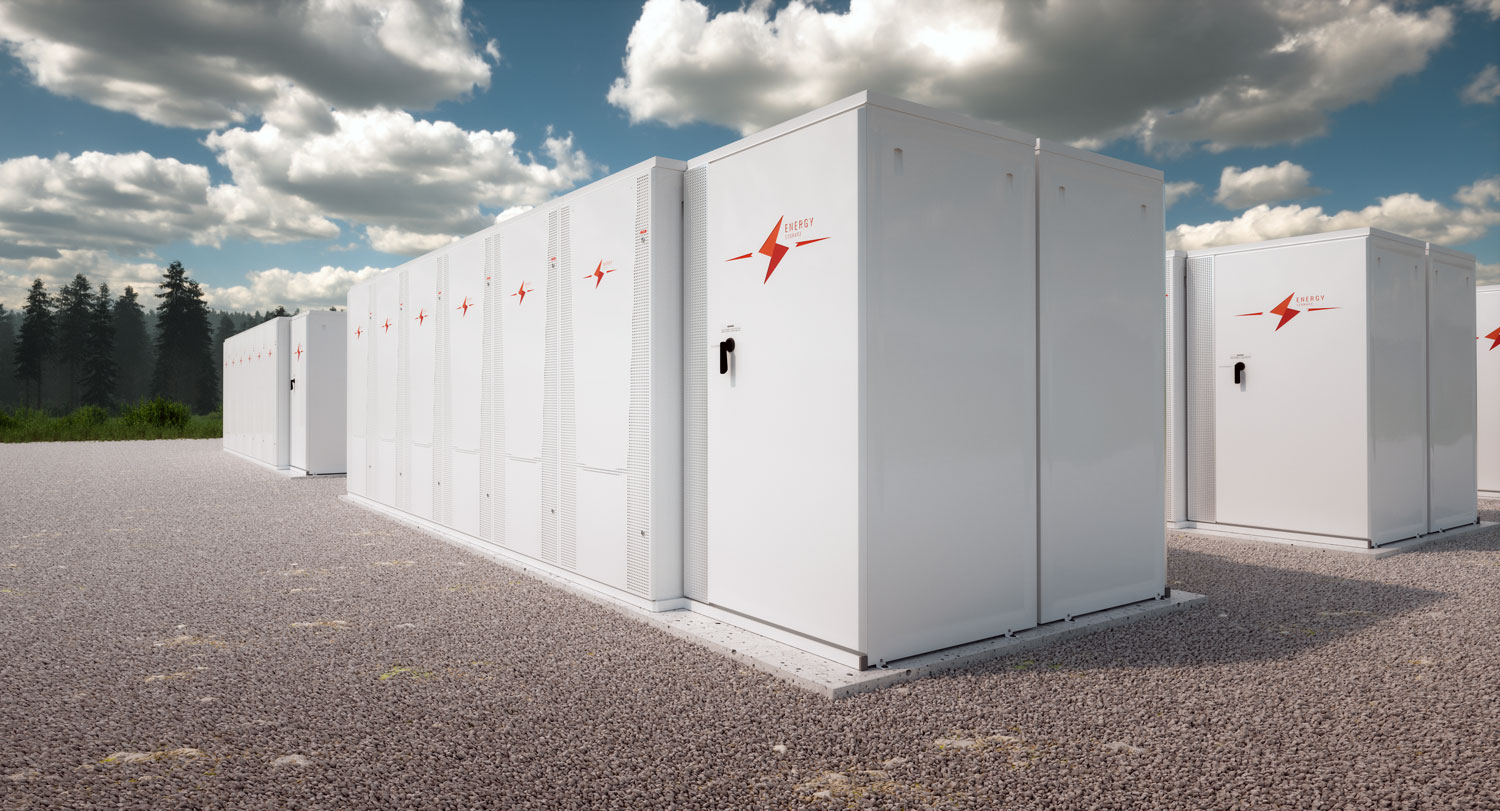
In a new round of funding announced by the U.S. Economic Development Administration, the University of South Carolina will receive $10.2 million for its efforts to advance battery research.
New hub for advanced energy research: The funding is for the forthcoming Carolina Institute for Battery Innovation, which will be directed by leading battery expert William Mustain, a professor and associate dean for research in the Molinaroli College of Engineering and Computing. Public and private investment in battery research is surging in South Carolina, and USC is a leader in that research. “Companies tell me this all the time — if you want to learn more about battery chemistry, battery assembly and battery safety, you come to the University of South Carolina,” Mustain said.
Part of SC Nexus: The $10.2 million funding for USC is part of an overall award of $45 million for SC Nexus, a statewide consortium of partners working to improve the clean energy supply chain and develop cyber-secure grid resilience technologies. SC Nexus is managed by the S.C. Department of Commerce.
National recognition of USC excellence: In an initial competition, the U.S. Economic Development Administration last fall designated 31 official Tech Hubs out of nearly 400 applicants. Of the 31 designees, SC Nexus is one of 12 that were awarded funding in today’s Phase 2 announcement.
A statewide, collaborative effort: The University of South Carolina is a founding member of and a leader in the SC Nexus consortium, which includes more than 50 members and several core partners. Core partners include Clemson University, Savannah River National Laboratory, South Carolina Council on Competitiveness, South Carolina State University and the SC Technical College System.
Economic boost for South Carolina: USC’s role in SC Nexus underscores the university’s position as an economic engine for the state of South Carolina, driving innovation and workforce development to move the state forward. Geographically, SC Nexus’ efforts will encompass the Midlands and Upstate regions, as well as surrounding counties such as Aiken and Orangeburg. Of the long-term jobs created by SC Nexus’ efforts, the consortium aims to source 40 percent of those jobs from underserved and rural communities.
Blueprint for the future: The SC Nexus consortium has been praised by political leaders across the spectrum as an example of partnership among academia, business and government that has the potential to drive innovation and transform South Carolina’s economy.
What they’re saying: “USC is proud to work alongside S.C. Commerce in this statewide effort and to have a leadership role in developing a new community of researchers, entrepreneurs and startups. Achieving recognition at a national level demonstrates our ability as a state to innovate and to bring new ideas to the market. Our very strong coalition of universities and industry and state partners demonstrates how much we can achieve when we work together.” — USC President Michael Amiridis